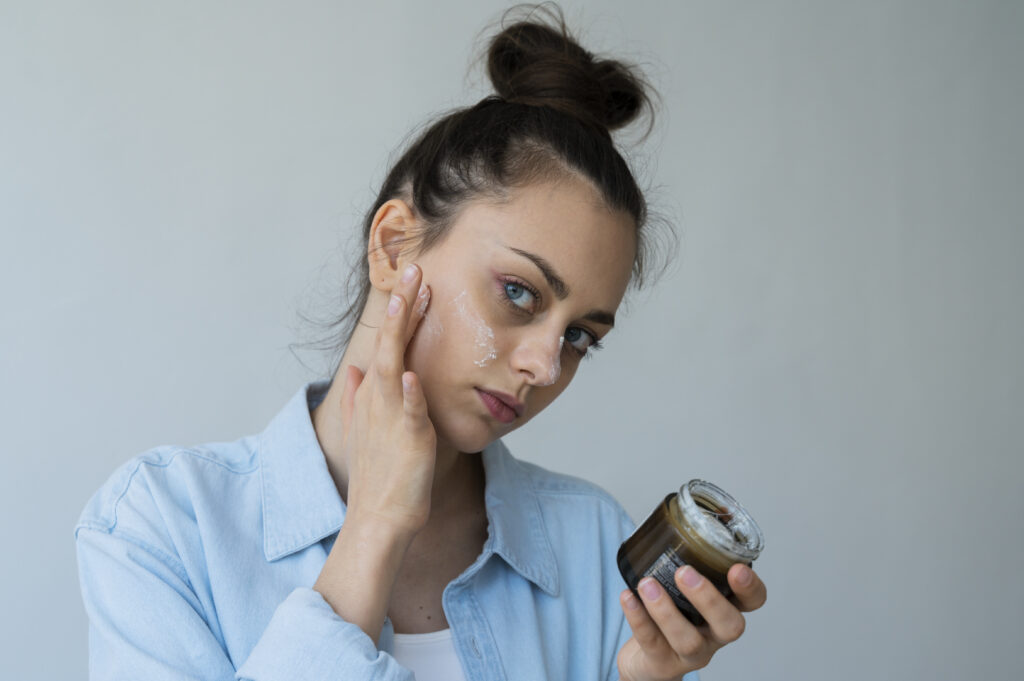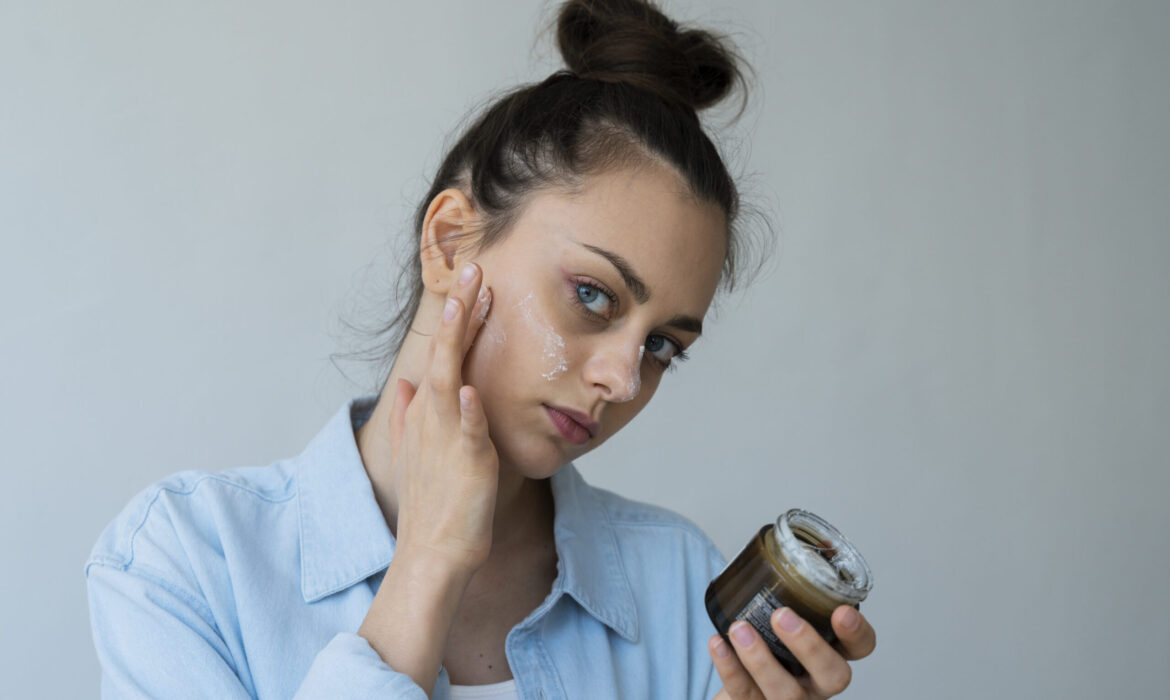Oily Skin Care in Chennai: Dermatologist-Approved Tips
Oily Skin Care in Chennai: Dermatologist-Approved Tips
Expert oily skincare in Chennai – dermatologist tips to control shine, prevent acne, and keep your skin clear at Dr. Hanan Clinic

Oily skin is one of the most common skin concerns faced by people in Chennai. The city’s hot, humid, and tropical climate often worsens sebum (oil) production, leading to acne, clogged pores, dullness, and an overall greasy appearance. While oily skin is not entirely bad—since it helps keep your skin naturally moisturized—it does require special care and dermatologist-recommended routines to keep it healthy, balanced, and blemish-free.
At Dr. Hanan Dermatology Speciality and Trichology Clinic in Chennai, we regularly treat patients struggling with oily skin, acne breakouts, and related concerns. In this blog, we’ll break down the science behind oily skin, practical care tips, and advanced treatments available at our clinic.
Why Is Oily Skin So Common in Chennai?
Chennai’s weather plays a big role in skin health. High humidity and heat increase sweating and sebum secretion. Combined with pollution, dust, and sun exposure, this creates the perfect environment for:
- Acne and pimples
- Enlarged pores
- Whiteheads and blackheads
- Greasy texture and shine
- Pigmentation from post-acne marks
Genetics and hormones also influence oily skin. Teenagers and young adults are especially prone due to hormonal fluctuations, while stress, diet, and lifestyle can worsen the condition
Signs You Have Oily Skin
You may have oily skin if you notice:
- Shiny or greasy appearance a few hours after washing your face
- Frequent breakouts or clogged pores
- Makeup sliding off quickly
- Enlarged or visible pores
- Rough or uneven texture
If this sounds familiar, your skin needs oil-control skincare and professional dermatology support.
Dermatologist-Approved Skincare Routine for Oily Skin
Managing oily skin is not about stripping away all the oil but balancing sebum production while keeping your skin healthy and hydrated. Here’s a detailed routine recommended by dermatologists at Dr. Hanan Dermatology Speciality and Trichology Clinic, Chennai:
Cleanse Gently, Not Harshly
One of the biggest mistakes people with oily skin make is over-washing. Harsh cleansing removes natural oils completely, which forces your sebaceous glands to produce even more oil, making the skin greasier.
Instead, use a mild foaming or gel-based cleanser formulated for oily or acne-prone skin. Look for ingredients such as:
- Salicylic Acid – unclogs pores and reduces blackheads/whiteheads
- Niacinamide – controls oil secretion and soothes inflammation
- Tea Tree Extract – has antibacterial properties that help prevent breakouts
Tip from dermatologists: Wash your face only twice a day—once in the morning and once before bed. Midday oiliness can be managed with blotting papers instead of repeated washing.
Exfoliate Wisely
Exfoliation is crucial for oily skin because dead skin cells mix with excess sebum and cause clogged pores and acne. But scrubbing too aggressively can damage your skin barrier.
Dermatologists recommend chemical exfoliation over physical scrubs. Options include:
- Glycolic Acid – improves cell turnover and reduces dullness
- Salicylic Acid – penetrates deep into pores to clear oil and acne-causing bacteria
- Mandelic Acid – gentle option for sensitive, oily skin
Best practice: Exfoliate 1–2 times per week. Over-exfoliation can trigger redness, dryness, and ironically, even more oil production.
Hydrate Without Grease
Many people assume oily skin doesn’t need moisturizer. That’s a myth. In reality, skipping moisturizer dehydrates the skin, signaling your sebaceous glands to produce more oil to compensate.
Choose a lightweight, non-comedogenic moisturizer with:
- Hyaluronic Acid – deeply hydrates without heaviness
- Aloe Vera Extract – calms irritation and balances oil
- Ceramides – strengthen the skin barrier and reduce sensitivity
Dermatologist tip: Go for gel-based moisturizers instead of creams. They provide hydration while leaving a matte finish, perfect for Chennai’s humid climate.
Don’t Skip Sunscreen
Sunscreen is non-negotiable—even for oily skin. Without protection, UV rays trigger pigmentation, tanning, acne scars, and premature aging.
For oily skin types, avoid heavy lotions. Instead, use:
- Gel-based sunscreens
- Matte-finish sunscreens
- Oil-free SPF 30+ formulations
Expert advice: Apply sunscreen 30 minutes before sun exposure and reapply every 2–3 hours if outdoors. This not only protects against sun damage but also prevents post-inflammatory pigmentation from acne.
Mind Your Diet
Oily skin isn’t just about topical care—your diet and lifestyle play a huge role. Foods high in refined sugar, fried oils, and dairy can increase inflammation and worsen breakouts.
Include more of:
- Leafy greens and fresh fruits – rich in antioxidants that control oil oxidation
- Omega-3 fatty acids (fish, walnuts, flaxseeds) – reduce inflammation and sebum levels
- Vitamin C-rich foods (oranges, amla, bell peppers) – brighten skin and repair damage
- Plenty of water – keeps skin hydrated and balances oil production
Tip: Reduce intake of carbonated drinks, spicy fast food, and chocolate, as they can aggravate oily skin and acne.
Home Remedies: Do They Work for Oily Skin?
Home remedies like lemon juice, Multani Mitti (Fuller’s Earth), or aloe vera are popular but must be used with caution. They may provide temporary relief but can irritate sensitive skin or worsen breakouts. Always consult a dermatologist before trying DIY methods.
Advanced Treatments for Oily Skin at Dr. Hanan Clinic
When home care isn’t enough, advanced treatments can transform oily skin. At Dr. Hanan Dermatology Speciality and Trichology Clinic in Chennai, we provide safe and effective options such as:
- Chemical Peels: Control oil, unclog pores, and reduce acne scars.
- Laser Skin Resurfacing: Tightens pores and improves overall skin texture.
- Hydrafacial (Oil-Control Protocol): Deep cleanses and balances hydration.
- Microneedling with PRP or Exosomes: Reduces oiliness and improves acne scars.
- Medical-Grade Skincare Prescriptions: Customized serums, retinoids, and oil-control formulations.
These dermatologist-supervised treatments ensure long-term skin balance and visible improvement.
Final Thoughts
Oily skin in Chennai can feel like a never-ending struggle, but with the right skincare routine and professional treatments, it is possible to achieve healthy, clear, and radiant skin. At Dr. Hanan Dermatology Speciality and Trichology Clinic, our dermatologists customize solutions based on your skin type, lifestyle, and concerns to deliver long-lasting results.
Frequently Asked Questions
No, oily skin is not harmful. In fact, it slows down visible aging. However, excess oil can cause acne, clogged pores, and pigmentation if not managed.
Oily skin cannot be “cured” as it is largely genetic and hormonal. But with proper skincare, lifestyle changes, and medical treatments, it can be effectively controlled.
Choose a lightweight, oil-free moisturizer with hyaluronic acid or niacinamide to balance hydration without clogging pores.


